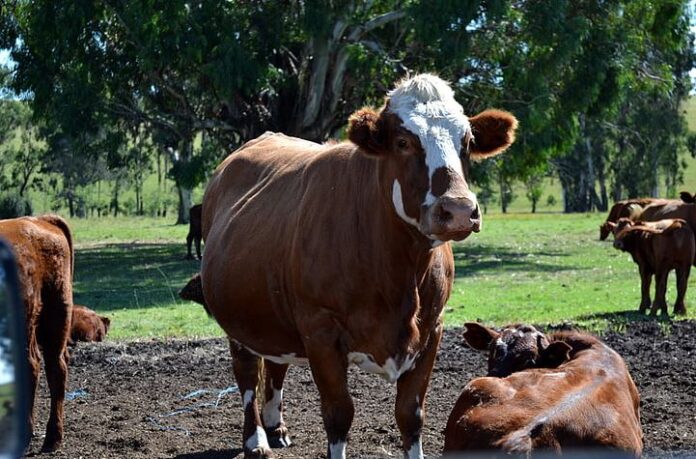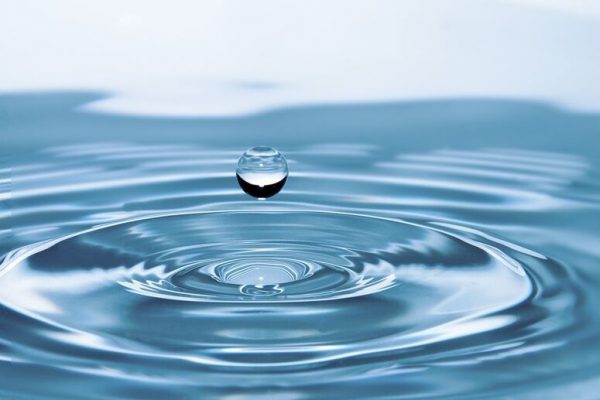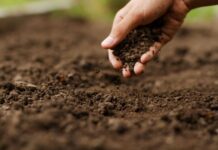The government of Kenya has launched a livestock off-take programme in Kilifi County. The programme which is a partnership with the Kenya Red Cross aims to aid drought challenges affecting area residents.
Kenya is currently facing a severe water shortage caused by four failed consecutive rainy seasons, amid one of the harshest droughts the East African region has seen in four decades. As a result of the prolonged dry spell in many parts of the county, there is a prompt warning of potential famine.
Food insecurity
The deterioration of food insecurity according to IPC projection update for Kenya’s Arid and Semi-Arid Lands (ASAL) region, is attributed to multiple shocks, including dry spells from three consecutive poor seasonal rainfall performances (all below the five-year average), below average crop and livestock production, localized resource-based conflict, and the ripple effects of the COVID-19 pandemic, which resulted in increasing staple food prices across the country.
The following seven counties were the most affected, representing more than 50% of the total population classified in IPC Phase 3 (Crisis) or above: Marsabit (50%), Turkana (40%), Baringo (35%), Wajir (35%), Mandera (35%), Samburu (35%) and Isiolo (30%). These areas are predominantly pastoral livelihoods.
Kilifi Governor Gideon Mung’aro who officiated the launch ceremony explained that livestock off-take programme is targeting about 150,000 Kilifi residents who have been severely affected by the drought. 500 animals estimated will be slaughtered and distributed to families. Kenya Red Cross is the lead coordinator of the programme in which the government seeks to buy animals from livestock farmers. Additionally the persons affected will also be supplied with relief food.
Mung’aro urged the National Government to consider building the Rare Dam in its proposed programme of constructing 100 dams in the country for farmers to practice irrigation agriculture and stop over-reliance on rain.









